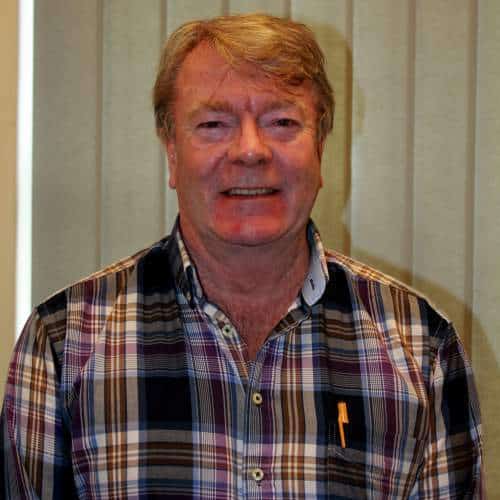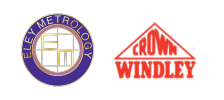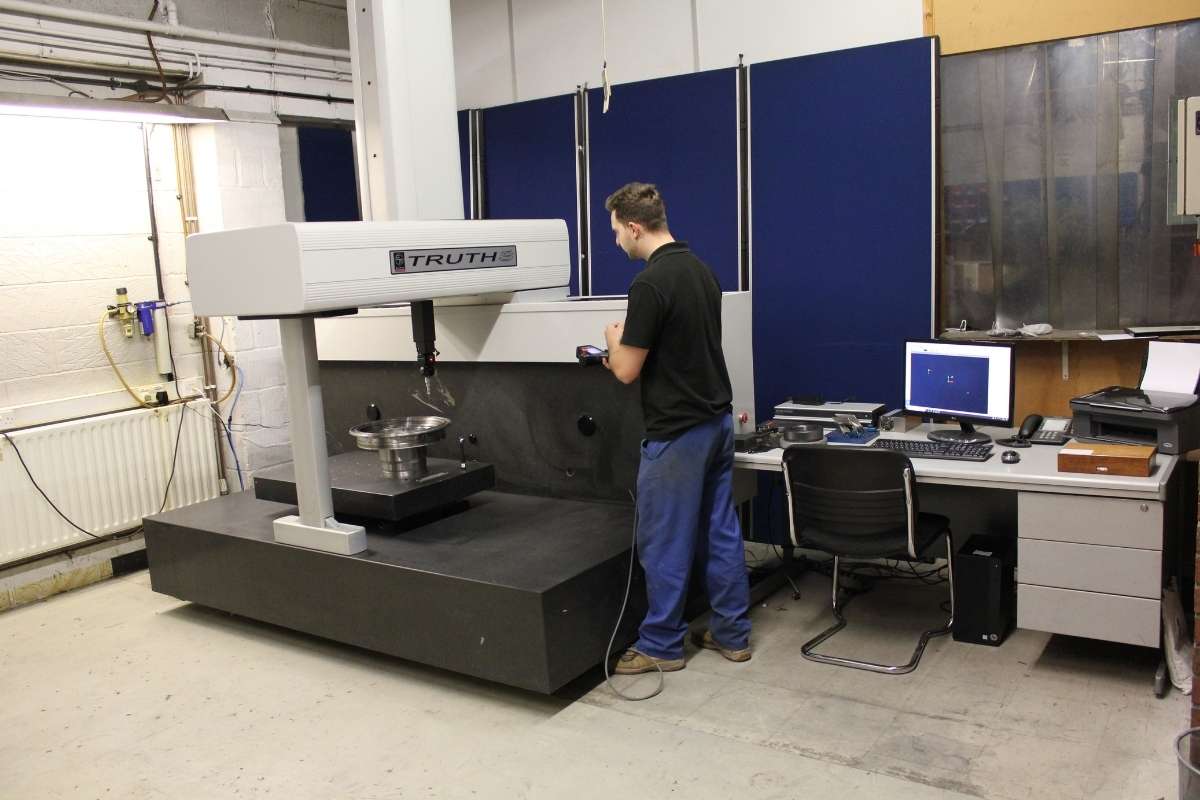Engineering and manufacturing span a wide range of industries, but every workshop requires maintenance, repair, and calibration for its metrology equipment to stay up and running smoothly. Depending on the equipment’s purpose, an unexpected breakdown could cost peace of mind, millions of pounds, or even lives and livelihoods. Many forward-thinking technicians implement regular metrology equipment servicing and use preventative maintenance to avert inefficiency, breakdowns, and disaster.
What is Preventative Metrology Equipment Servicing?
Preventative metrology servicing involves scheduling regular maintenance on equipment to optimise efficiency and predict breakdowns before they occur. Scheduling regular checkups keeps a workshop’s equipment running at peak performance. It also helps technicians monitor wear and tear to prevents measurement errors and equipment damage.
A servicing schedule often involves thorough checklists to test components, replace or clean weathered parts, and recalibrate metrology equipment. The cost of such maintenance, when carried out by trained and accredited professionals, often proves more efficient in the long run. Regular servicing wards off the emergency costs of abrupt breakdowns when unmaintained equipment fails without warning.
What are the Differences Between Servicing and Calibration?
While servicing takes care of hardware, calibration keeps measurements accurate over time. Servicing technicians fix or replace damaged parts, and extend the lifespan of valuable equipment. On top of durable equipment, many workshops demand pinpoint accuracy in machining specifications to satisfy their customers. Regular calibration helps achieve this goal by ensuring metrology equipment stay accurate and doesn’t drift into error. Technicians conduct calibration work by comparing readout values based on passive and reference measurements.
The best calibration uses external means to the equipment itself, as its own calibration systems can also drift over time. External calibration devices and technicians ensure accuracy and objectivity and absolve manufacturers of accuracy liability. Tracing measurement inaccuracies ensures product quality and maintains brand reputation and customer satisfaction. These qualities prove essential for many competitive firms.
Why Chose Metrology Equipment Servicing?
Metrology equipment servicing saves time, money, and stress, keeping workshops streamlined and productive. A proactive rather than reactive strategy smooths out any niggling concerns about aged or temperamental equipment. While maintenance and calibration does incur costs, it does so without the premium of emergency call outs and time-pressure situations. In manufacturing and engineering, time is money. Besides the steep costs of replacing capital, breakdowns create huge opportunity costs while whole production lines grind to a halt.
Besides breakdowns, non-emergency faults and imperfections can slip under the radar without regular metrology equipment servicing and calibration. These imperfections and metrological deviations can endanger brand reputation and customer property or health. Large-scale product recalls incur huge capital costs and wreak havoc on customer loyalty. Firms that use regular metrology equipment servicing rest assured with reliable and satisfactory standards in measurement and production.
Regulators and standards authorities also recommend that firms regularly use trained maintenance and calibration technicians for official accreditation. Metrology equipment servicing helps firms stay on the right side of the ISO. Some industries are legally obligated to require official accreditation, making the matter a legislative as well as a strategic imperative.
How to Choose Trained Professionals for Metrology Equipment Servicing
The UK government works with international accreditation bodies like the ISO (International Standards Organisation) to ensure that technicians achieve the appropriate standard for safety and engineering excellence. When choosing technicians to service and calibrate metrology equipment, ensure you opt for a firm accredited by UKAS, or the UK Accreditation Service. UKAS work with the government and the ISO to protect manufacturers and consumers with quality insurance, rigorous inspections and reliable, trustworthy standards.
The best metrology organisations also have decades of experience in their given fields to hone their specialities and deliver the highest quality care.
Why Outsource Metrology Equipment Servicing?
Choosing trained professionals to conduct maintenance and calibration work conforms to a basic principle of manufacturing and engineering: specialisation for success. Maintenance and calibration experts acquire specific skills and expertise. Metrology equipment servicing allows the rest of a workshop’s technicians to focus on their workload, rather than be spread thin across manufacturing, quality assurance, and maintenance tasks.
This specialisation allows essential work to follow clear priorities. If a technician works across production and maintenance, their drive for productivity may create pressure or biases in their servicing work. On the other hand, servicing and calibration professionals hold high quality and accuracy as their top priority, cutting no corners to get the job done.
As mentioned, this also places the onus and liability of equipment functionality on servicing and maintenance workers rather than manufacturers. Technicians acquire their UKAS accreditation by prioritising high standards and trusting themselves to maintain and calibrate durable, reliable equipment.
Conclusions
Regular maintenance and calibration provides metrology workers with quality assurance, as well as saving time and money. By extending the lifetime of metrology equipment and verifying its accuracy, servicing raises a firm’s quality and the quality of its output. Expert calibration and servicing creates a robust strategy for minimising disruptions and maximising productivity.

Jeff Eley is the founder and managing director of Eley Metrology, a leading company in the precision measurement industry. With decades of experience in metrology, Jeff has established himself as a respected figure in the field. Under his leadership, Eley Metrology has become renowned for its expertise in coordinate measuring machines (CMMs), digital height gauges, and granite metrology products. Jeff’s vision has driven the company to develop innovative solutions, including custom-designed CMMs and the flagship long-bore measurement machine (LBM). His commitment to excellence and customer-centric approach has positioned Eley Metrology as a trusted provider of high-precision measurement tools and services for industries such as aerospace, automotive, and manufacturing.


